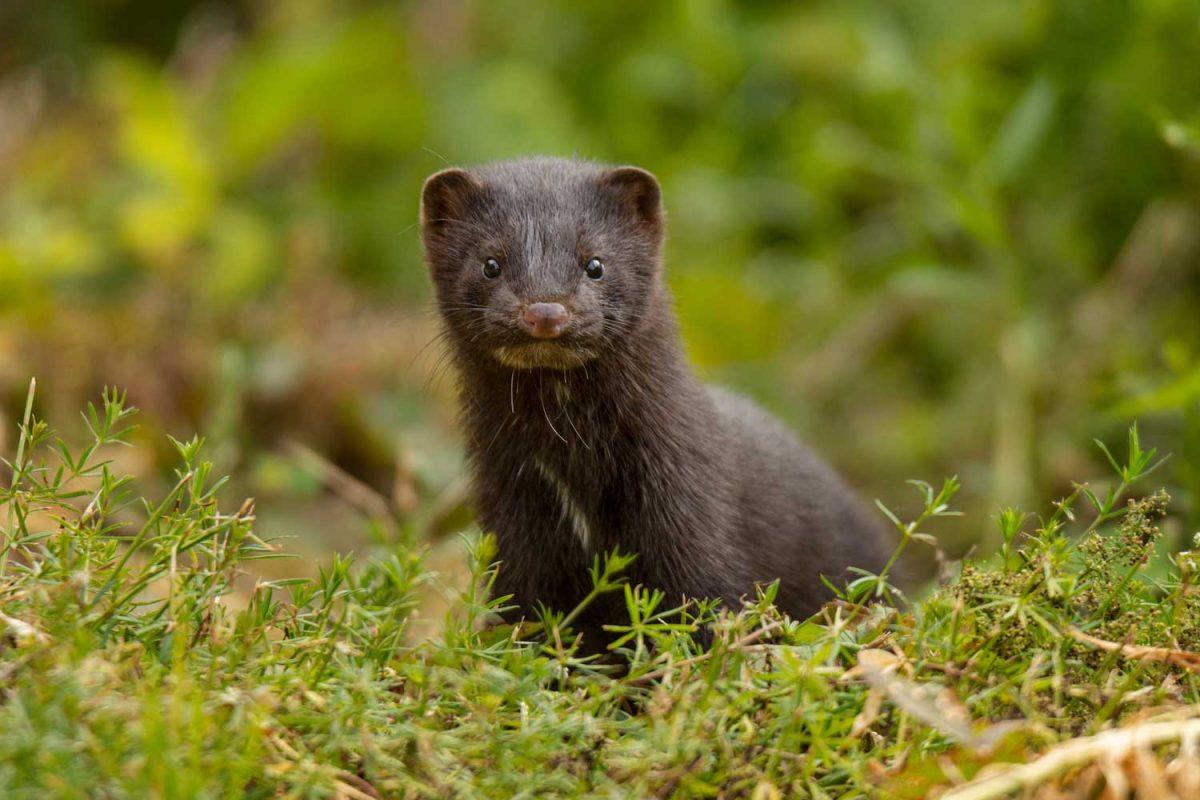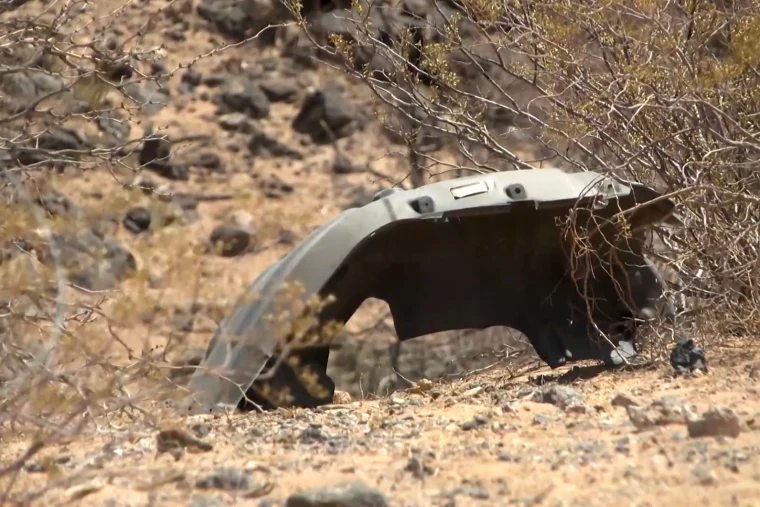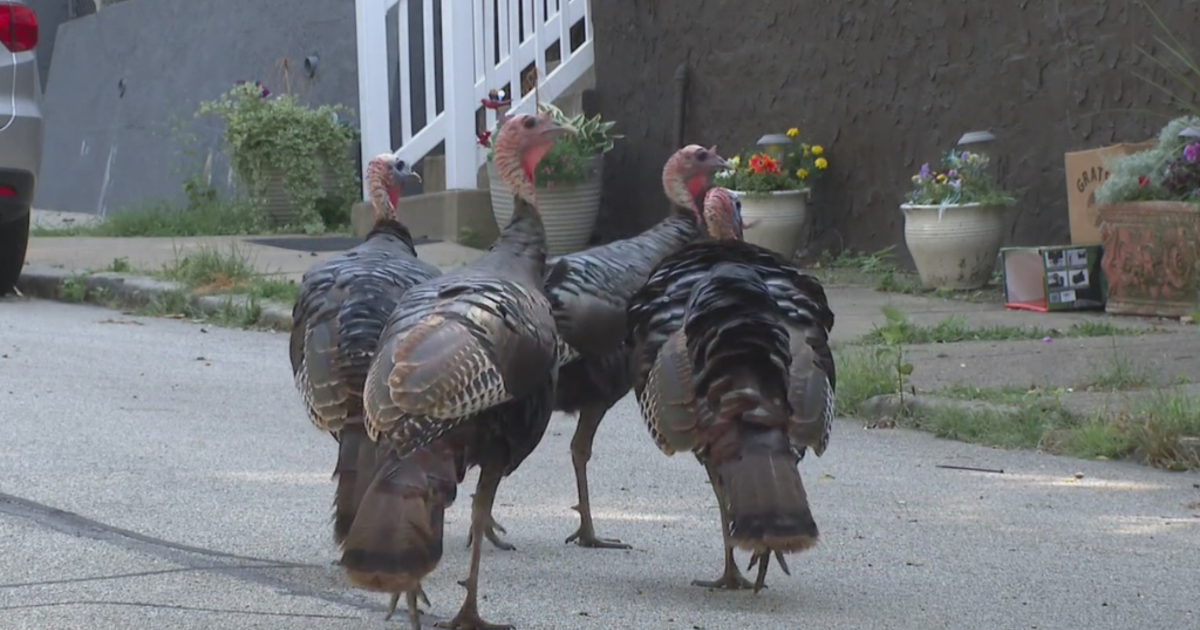Convicted murderers and juvenile delinquents are not the only escaped inmates who have been on the lam as of late. Up to 8,000 Minks were freed from a farm in Rockefeller Township which is about 60 miles north of Harrisburg.
The Minks were released by an “unknown actor” who cut a hole in a fence last Sunday morning. Authorities recommended that local residents not attempt to approach or trap the minks.
“Live Minks can be dangerous and may bite residents. Authorities are advising residents not to approach or attempt to catch minks without a safe and proper trap,” Senator Lynda Schlegel Culver stated.
The majority of the Minks were captured by Tuesday and only a few hundred were still believed to be on the run. The motive of the perpetrator is unknown, but it is reasonably assumed that animal rights activists are responsible.
Fur Commission USA which is the organization that represents Mink farmers released a statement saying, “A release of thousands of farmed Minks can have damaging impacts on the surrounding ecosystems, as Minks, trying to survive in a wild environment, upset the predator-prey balance and, in many cases, will prey on other nearby domestic farm animals such as chickens. Unfortunately, most will ultimately die from starvation, exposure, or get hit by cars. Compare that to their lives on the farm, where they are fed a nutritionally balanced diet, have access to clean water, pens, and nest boxes for shelter, along with access to veterinarian care – all provided by the farmer.”
People for the Ethical Treatment of Animals (PETA) firmly believe the opposite of what is stated by the Fur Commission USA. PETA contends that Mink farms are kept in abominable conditions where the minks are prevented from leaving their cages for their entire lives.
“The anguish and frustration of life in a cage lead many animals to self-mutilate, biting their skin, tail, and feet; frantically pace and circle endlessly; and even cannibalize their cage mates,” PETA states on their website.
Regardless, the lives of farmed Minks are in a catch-22. They can either await the fate of being turned into a fur coat or face the harsh unfamiliar elements of the natural world where they could disrupt the natural ecosystem. The next time we are having a bad day, we can at least be thankful that we are not minks living on a Mink farm.


















